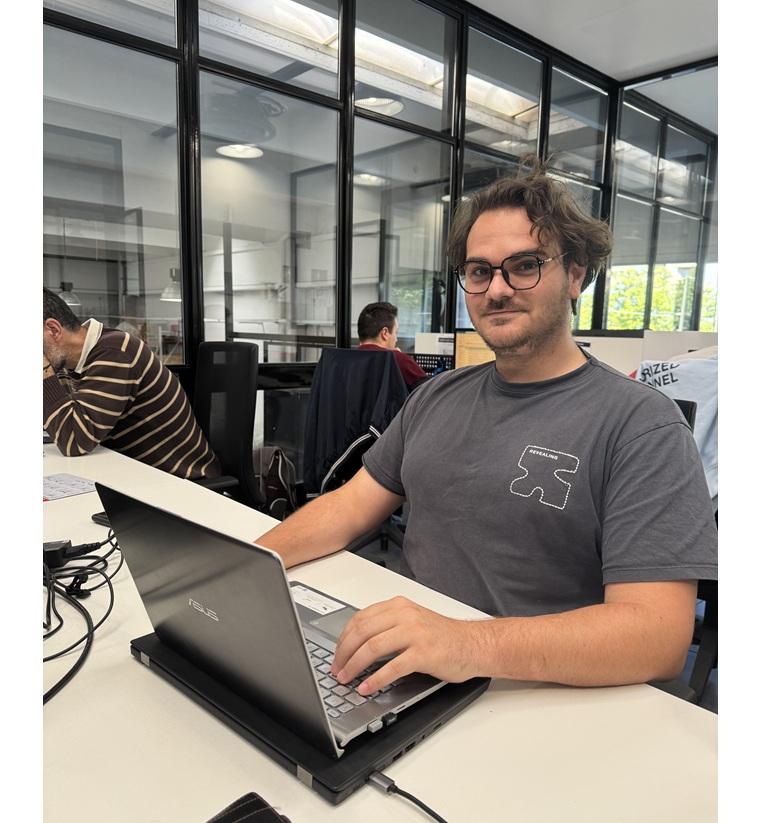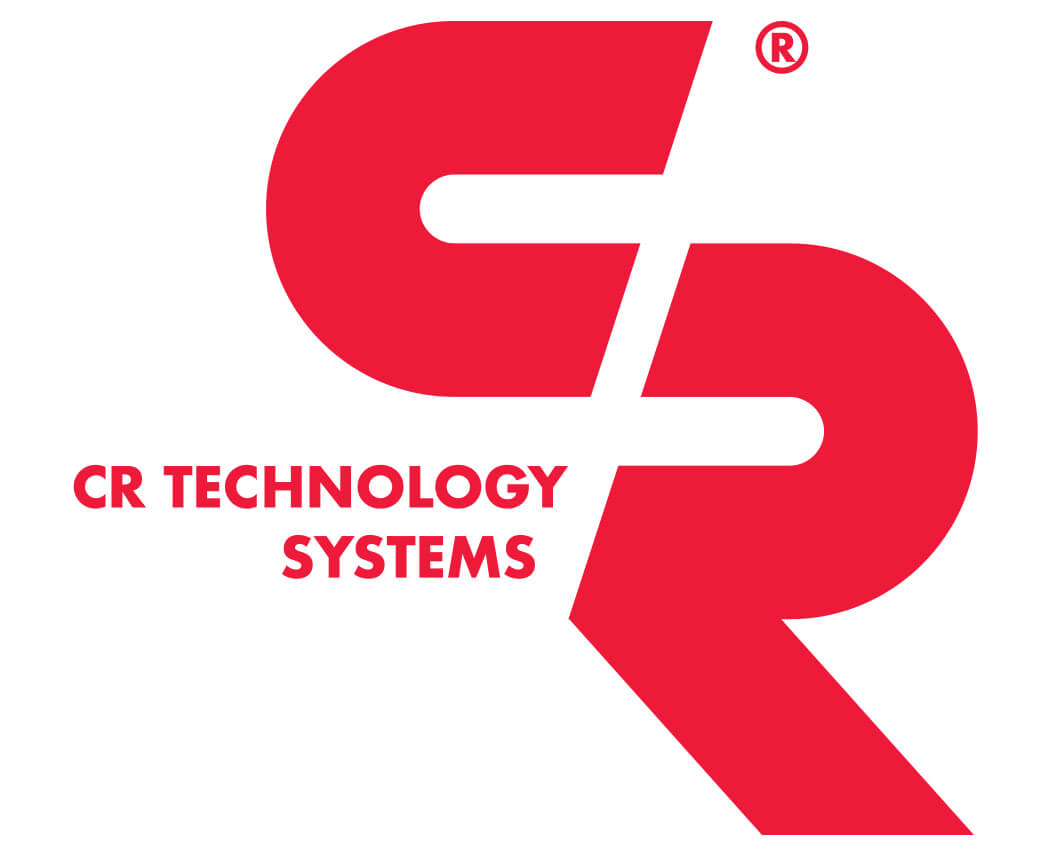In recent months, we’ve had the pleasure of hosting two interns from the ICE Agency’s CORCE 57 Master’s program, Giulio and Marina, who chose C.R. Technology Systems as the place to put their advanced training in the internationalization of Italian SMEs into practice.
Their program, structured around six months of intensive classroom learning followed by a four-month internship, aims to turn theoretical knowledge into practical tools for navigating global markets. “In this context,” Giulio explains, “C.R. Technology Systems proved to be the ideal environment to apply what I have learnt, within a company that has been designing and delivering solutions for energy generation, transformation, and distribution for over 40 years, with a solid presence across Europe, the Middle East, Africa, and South America.”
The classroom phase provided participants with a comprehensive framework, covering international contracts, negotiation techniques, market analysis, customs barriers, and product positioning. Led by expert instructors and built around applied project work, the program was designed to prepare professionals for careers in export management. It culminated in a four-month internship at host companies, focused on developing real internationalization projects to support Italian SMEs.
“C.R. Technology Systems, having offered itself as a host company, was a natural choice: with 40 years of experience and more than 70 professionals across its headquarters and production sites, it stands as an example of excellence among Italian SMEs committed to international markets. Day by day, the expertise and openness of colleagues in sharing practices, standards, and reference documentation accelerated my understanding of technical interfaces and commercial priorities, ensuring a smooth and results-oriented onboarding.”
The work environment quickly proved ideal for applying export and market intelligence skills within technically and regulatorily complex supply chains. This was made possible thanks to the guidance of company tutors, who supported Giulio in exploring the world of electrical distribution and international renewable energy projects. The internship focused on three main areas: competitor benchmarking in target countries, mapping of the “renewables & grid” landscape, and identifying development pathways (objectives, distribution networks, installed capacity, and electrification plans) to uncover opportunities aligned with the company’s offering.
The research spanned two distinct contexts: first, a European country already advanced in green electrification and heavily regulated, requiring close attention to technical standards, network planning, and digitalization; second, an analysis of Arab countries undergoing rapid infrastructure transitions, which offered the chance to test diverse go-to-market strategies and risk management approaches—closely aligned with Giulio’s prior academic focus on the Middle East.
Methodologically, the work combined official sources, technical reports, regulatory data, and competitive intelligence with regulatory frameworks and risk assessments. The main outputs included competitor dossiers for both markets, synthetic maps of infrastructure and connection priorities, and strategic recommendations for positioning modular and turnkey solutions in preparation for tenders and negotiations.
“Overall, the project allowed me to strengthen skills in benchmarking, scenario planning, and stakeholder mapping, key tools for designing actionable strategies. The company’s intercultural dimension also enhanced my ability to coordinate within ecosystems involving both public and private actors, typical of large-scale projects. My time at C.R. was undoubtedly a professional accelerator, confirming the value of the CORCE approach in combining structured training with operational impact in strategic energy markets.”
We believe that initiatives like this represent a concrete opportunity for mutual growth: on the one hand, interns can turn academic learning into practical skills, tackling real challenges in international contexts; on the other, companies benefit from the contribution of highly trained young professionals who bring fresh, analytical, and innovation-driven perspectives. Projects like this strengthen the bridge between education and industry, helping to build a more informed, competitive, and future-oriented energy supply chain.

